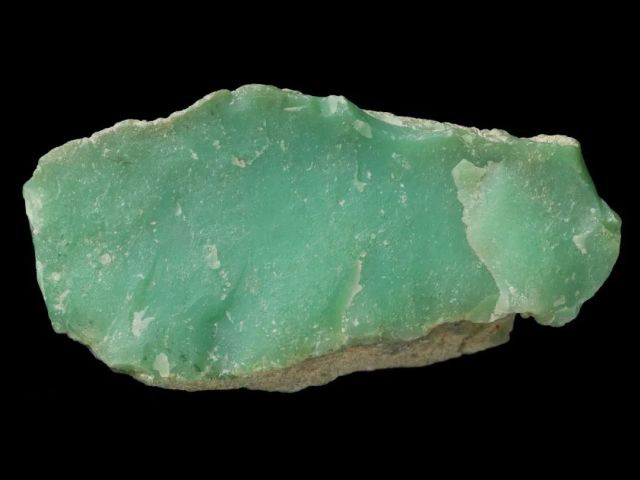Engine coolant, commonly known as antifreeze, is a crucial component in the cooling system of vehicles. Its primary function is to absorb and dissipate the excess heat generated by the engine, preventing overheating and maintaining optimal operating temperatures. While engine coolant serves a vital purpose, it can indeed have corrosive properties under certain circumstances.
The corrosiveness of engine coolant depends on various factors, including its chemical composition, concentration, and the materials it comes into contact with. Traditional engine coolants contain ethylene glycol or propylene glycol as their main ingredient, along with additives to enhance their performance. These glycols are known to have corrosive properties, especially when exposed to certain metals such as aluminum, magnesium, and copper.
When engine coolant becomes corrosive, it can cause damage to various components of the cooling system. The coolant’s corrosive nature can lead to the formation of rust, scale, and deposits on the internal surfaces of the engine and radiator. This buildup restricts the flow of coolant and impairs the system’s ability to dissipate heat effectively. Over time, it can result in decreased cooling efficiency, increased engine temperatures, and potential engine damage.
To mitigate the corrosive effects, manufacturers often incorporate corrosion inhibitors into the coolant formulation. These inhibitors create a protective layer on metal surfaces, preventing direct contact between the coolant and the metal. The inhibitors work by reducing the electrochemical reactions that cause corrosion, thereby extending the lifespan of the cooling system components.
However, it is important to note that engine coolant can still become corrosive over time due to various factors. Factors such as the coolant’s age, contamination, improper maintenance, and exposure to high temperatures can accelerate the breakdown of corrosion inhibitors and render the coolant corrosive.
Regular maintenance and periodic coolant flushing and replacement are essential to ensure the continued effectiveness of the corrosion inhibitors. By adhering to the manufacturer’s recommended maintenance schedule, you can help prevent the coolant from becoming corrosive and protect the cooling system.
In recent years, there have been advancements in coolant technology to address the corrosive nature of traditional engine coolants. Some newer formulations use organic acid technology (OAT) or hybrid organic acid technology (HOAT), which provide enhanced corrosion protection and extended service life. These coolants are less corrosive than traditional formulations and are designed to be compatible with a wider range of metals.
FAQs:
Is all engine coolant corrosive?
Engine coolant, particularly those containing ethylene glycol or propylene glycol, can have corrosive properties, especially when exposed to certain metals. However, the corrosiveness can be minimized through the inclusion of corrosion inhibitors in the coolant formulation.
How often should I flush and replace my engine coolant?
It is generally recommended to flush and replace engine coolant every 2 to 5 years, or according to the manufacturer’s guidelines. Regular coolant maintenance helps ensure the effectiveness of corrosion inhibitors and prevents the coolant from becoming corrosive.
Can using the wrong type of coolant cause corrosion?
Yes, using the wrong type of coolant can lead to corrosion. Different engines and cooling systems require specific coolant formulations. Using an incompatible coolant may result in accelerated corrosion and damage to the cooling system components.
How can I tell if my engine coolant is becoming corrosive?
Signs of coolant corrosion include rust-colored or discolored coolant, coolant leaks, overheating, and poor cooling system performance. If you notice any of these symptoms, it is advisable to have your cooling system inspected and the coolant tested for corrosiveness.
Are there coolant alternatives that are less corrosive?
Yes, there are newer coolant formulations available, such as organic acid technology (OAT) or hybrid organic acid technology (HOAT), which offer improved corrosion protection and compatibility with a wider range of metals. These alternatives are less corrosive compared to traditional coolants.
Can additives be used to reduce coolant corrosion?
Some additives are available on the market that claim to reduce coolant corrosion. However, it is important to consult the manufacturer’s recommendations and ensure that any additives used are compatible with the coolant and cooling system components to avoid any adverse effects.
Can I mix different coolant brands or types?
Mixing different coolant brands or types is generally not recommended unless they are explicitly stated to be compatible. Mixing incompatible coolants can lead to chemical reactions, reduced effectiveness of corrosion inhibitors, and potential damage to the cooling system.
Can corrosion inhibitors lose their effectiveness over time?
Yes, corrosion inhibitors can degrade over time due to factors such as coolant age, contamination, and exposure to high temperatures. Regular coolant maintenance, including flushing and replacement, helps ensure the continued effectiveness of corrosion inhibitors.
In conclusion
Engine coolant can be corrosive, primarily when exposed to certain metals. However, the incorporation of corrosion inhibitors and adherence to maintenance schedules can help mitigate its corrosive effects. It is essential to follow the manufacturer’s guidelines and consider newer coolant formulations for improved corrosion protection and cooling system longevity.



